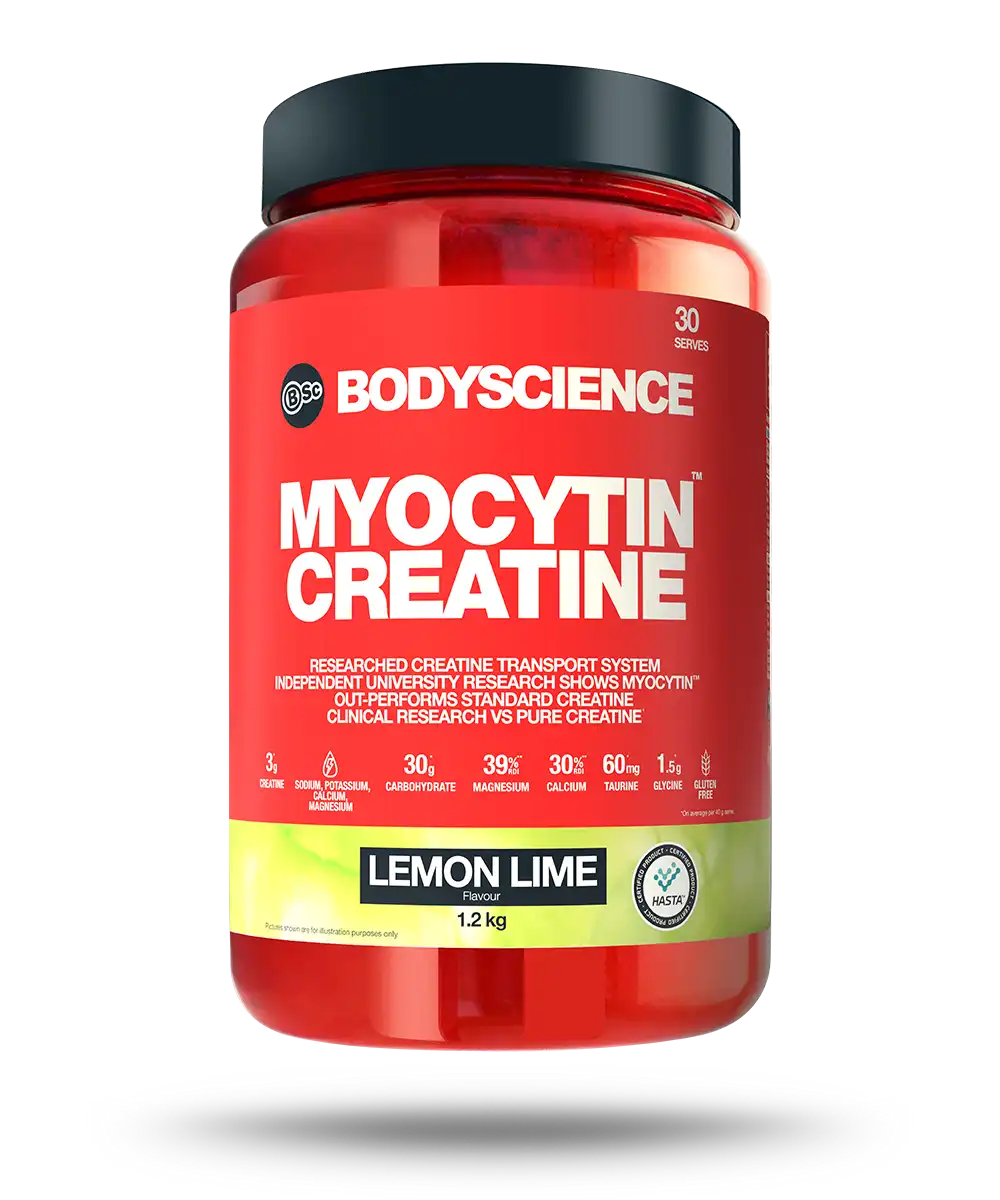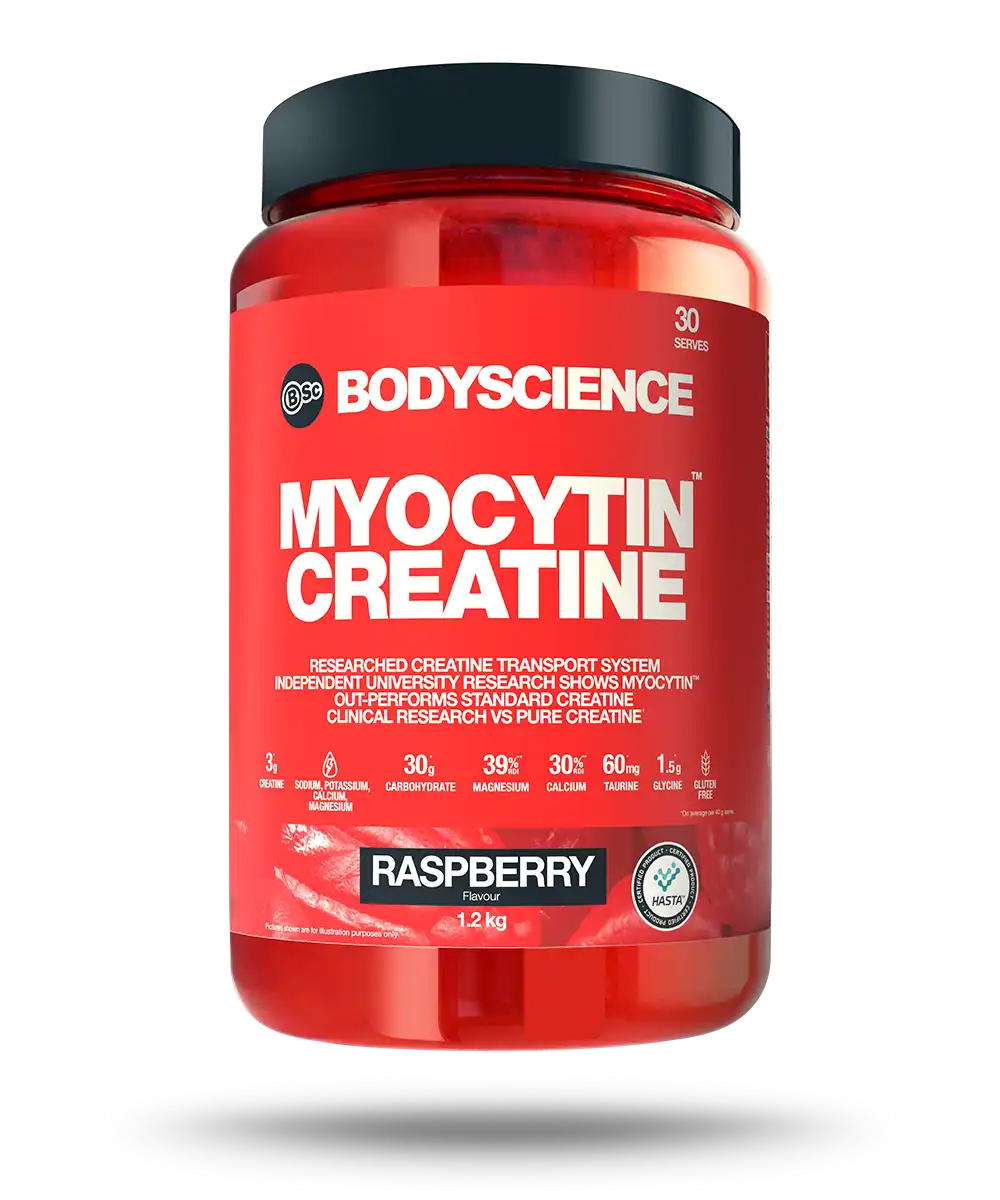Protein powders play an important role in promoting muscle growth and improving the function of our bodily systems. Whey protein is widely accepted as one of, if not the best protein powder on the market. But is whey protein vegan? Unfortunately, it’s not — but for all of our vegan and lactose-intolerant friends, there is an alternative. Read on for the lowdown on whey protein and vegan protein powders.
Table of Contents
What Is Whey Protein?
What Are The Benefits Of Whey Protein?
- Facilitates Muscle Growth
- Increases Satiety And Weight Loss
- Reduces Inflammation
- Enhances Antioxidants
Drawbacks Of Whey Protein
What Is Vegan Protein Powder?
What’s The Difference Between Whey And Vegan Protein?
Vegan Alternatives To Whey Protein
What Are The Benefits Of Vegan Protein Powder?
- Increases Lean Muscle Mass
- Improves Digestion
- Improves Cardiovascular Health
- Boosts Metabolism
- Helps the Environment
So, Are Vegan Protein Powders As Effective As Whey Protein?
What Is Whey Protein?
Casein and whey are the main protein components found in milk. Whey is first separated from casein during the cheese-making process. It’s then taken through several steps including micro-filtration, ultra-filtration, spray drying, and blending to convert whey into protein-powder form.
Whey protein is considered a complete protein, meaning it contains all nine essential amino acids that the body can’t produce on its own.
There are actually three types of whey protein:
- Whey Protein Concentrate – This type of whey protein has low levels of carbohydrates and fat. The protein levels vary based on how concentrated it is, ranging from 30 – 90%
- Whey Protein Isolate – With this form of whey protein, lactose and fat is extracted and protein levels sit around 90%
- Whey Protein Hydrolysate – This form is easier to digest and absorb than the other types of whey protein because it has undergone a pre-digestion process.
What Are The Benefits Of Whey Protein?
So, why incorporate whey protein into your diet? There are several science-backed benefits of whey protein supplementation.
Facilitates Muscle Growth
Whey protein is most commonly used to increase lean muscle mass. When combined with strength training and a well-rounded diet, whey protein can help to facilitate muscle growth. The fact that whey is a complete protein means it acts as a building block for muscle growth. It essentially increases the release of anabolic hormones, such as insulin, which stimulates muscle growth. Most importantly, whey contains leucine, which is the most growth-promoting branched-chain amino acid (BCAA).
Increases Satiety And Weight Loss
A high-protein diet promotes satiety, which is the feeling of fullness. So, when you’re taking a whey protein supplement your hunger levels will lower and you’ll therefore consume fewer calories.
Treats Type 2 Diabetes
Research suggests that whey protein can help to regulate blood sugar levels by increasing the amount of insulin in the body. It’s believed that this is most effective when whey protein is taken before or with a carbohydrate-rich meal.
Reduces Inflammation
Inflammation occurs when the body is damaged. It can be short-term or chronic. Chronic inflammation, in particular, can have negative impacts on our health. High doses of whey protein have been shown to decrease the C-reactive protein in the body, which is the marker for inflammation.
Enhances Antioxidants
Antioxidants lower the levels of oxidative stress on the body, which in turn prevents the development of chronic disease. Glutathione is an antioxidant that occurs naturally in our bodies and it relies on various amino acids in order to work effectively. Whey protein contains these very amino acids, and may therefore boost the body’s antioxidant defense system.
Drawbacks Of Whey Protein
Whey protein is perfectly safe for most people. It’s important to remember that while whey protein is low in fat and carbohydrates, it still contains calories. Excessive calorie intake from any source, including protein, can still lead to weight gain. It’s also a good idea to check the label on your whey protein and to avoid products with excessive sugars and additives. While most people can benefit from a whey protein supplement, if you’re vegan, or have lactose intolerance or allergy, you’ll need to look to an alternative protein powder. That’s where vegan protein powder comes in.
What Is Vegan Protein Powder?
Vegan protein powder is composed of plant-based ingredients rather than animal by-products. Plant-based protein powders may also include other natural ingredients such as vegetable powders and stevia, for taste and added nutritional value.
There is a myriad of different vegan protein powders on the market. Some contain a single plant protein while others offer a combination blend.
What’s The Difference Between Whey And Vegan Protein?
As we know, whey protein is a milky liquid by-product of cheese. Vegan protein powder is derived from plants and therefore dairy-free. Whey protein powders are more likely to cause digestive issues and stomach upset than plant-based protein powders due to the presence of lactose.
Vegan and whey protein powders often contain similar amounts of protein, usually between 20 – 30g per serving. We now know that whey is a complete protein and naturally contains all nine amino acids, including the essential BCAAs. On the other hand, the amino acids present in vegan protein powders will depend on the plants it is made from. Some plant proteins are complete while others lack certain amino acids.
Vegan Alternatives To Whey Protein
- Pea Protein is made from yellow peas and is classified as a complete protein, containing all nine amino acids. However, the amino acids within pea protein do not appear in equal amounts as is essential for the protein to be most effective.
- Hemp Protein is made from ground hemp seeds and is also a complete protein. However, it contains less protein overall than other plant proteins such as pea and soy.
- Brown Rice Protein is created when the protein within brown rice is separated from the carbohydrate. Brown rice protein is not a complete protein, as it doesn’t contain lysine. This plant protein is hypoallergenic and naturally gluten-free.
- Soy Protein is made from soybean flakes that are washed and dehydrated. It is a complete protein that is lactose-free and is absorbed quickly by the body. While some of the above plant proteins are complete, research shows that the amino acids within them don’t always appear in equal amounts. This means you won’t be receiving all essential amino acids, so your body won’t be able to effectively build and repair your cells and tissue. That’s why we recommend opting for a vegan protein powder blend instead.
- Plant Protein Blends contain multiple plant protein ingredients as opposed to a single plant ingredient. This ensures that all nine amino acids are included at equal levels. Plant protein blends also often have additional enzymes that help the body better digest the product. A blended vegan protein powder may also more effectively promote the synthesis of protein, which better facilitates muscle growth.
What Are The Benefits Of Vegan Protein Powder?
Vegan protein powders are an excellent alternative to whey protein. Provided all nine amino acids are present in balanced amounts, vegan protein powders share many of the same benefits as whey protein, along with some additional benefits.
Increases Lean Muscle Mass
Just like whey protein powder, vegan protein powder can increase muscle mass. You just need to make sure you’re consuming a complete plant-based protein.
Improves Digestion
Vegan protein powders are a great alternative for people with lactose intolerances and allergies. Plant proteins contain natural fibres, antioxidants, minerals, and vitamins that improve digestion, absorption, and mobility.
Improves Cardiovascular Health
Plant proteins tend to have lower levels of cholesterol and saturated fats than proteins derived from animal sources, meaning they may be better for your heart health.
Helps The Environment
Vegan protein powders are kinder to the environment than animal-derived protein powders. By opting for a vegan protein powder, you’re taking a small step to reduce the harmful greenhouse gas emissions produced during animal agricultural practices.
So, Are Vegan Protein Powders As Effective As Whey Protein?
Both whey and vegan protein powders have a number of benefits, including increasing muscle mass and improving strength.
Vegan protein powders can be as effective as whey protein powders, provided they contain all nine essential amino acids. They are a great alternative for vegans, people who are lactose intolerant, and those looking for more environmentally-friendly supplement options.
Discover the range of BSc vegan protein powders.







